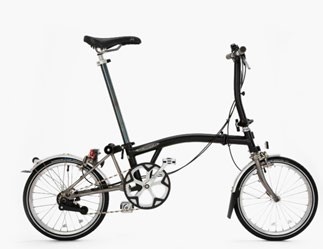Copyright protection for Brompton’s folding bicycle? CJEU gives green light to the possibility across Europe
On 11 June 2020, the Court of Justice of the European Union (CJEU) handed down its decision in the referral from the Belgium Companies Court (Tribunal de l’entreprise de Liège) arising from copyright infringement proceedings by Brompton Bicycle Ltd (Brompton) against a Korean company Get2Get Chedech (Get2Get) relating to its folding bike.
The decision is good news for designers and creative businesses as it lays a foundation for new opportunities for copyright protection and enforcement in Europe. This evolving area of law now requires a low threshold for protection, with a suggestion from the CJEU that minor creative choices in products will be sufficient for a finding of copyright protection.
Read More

